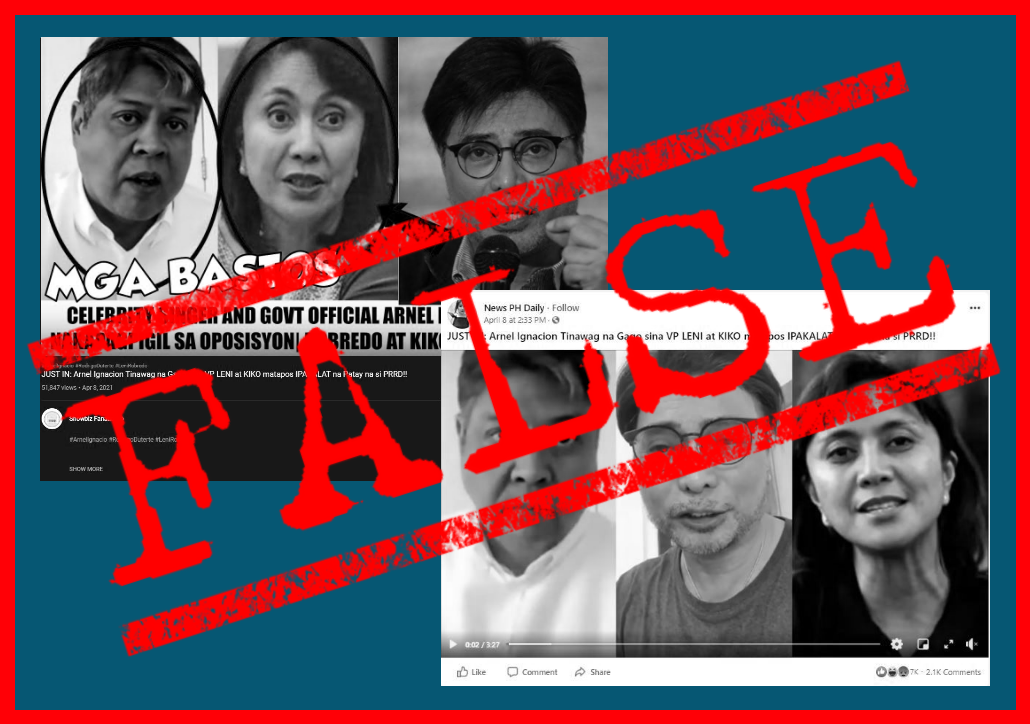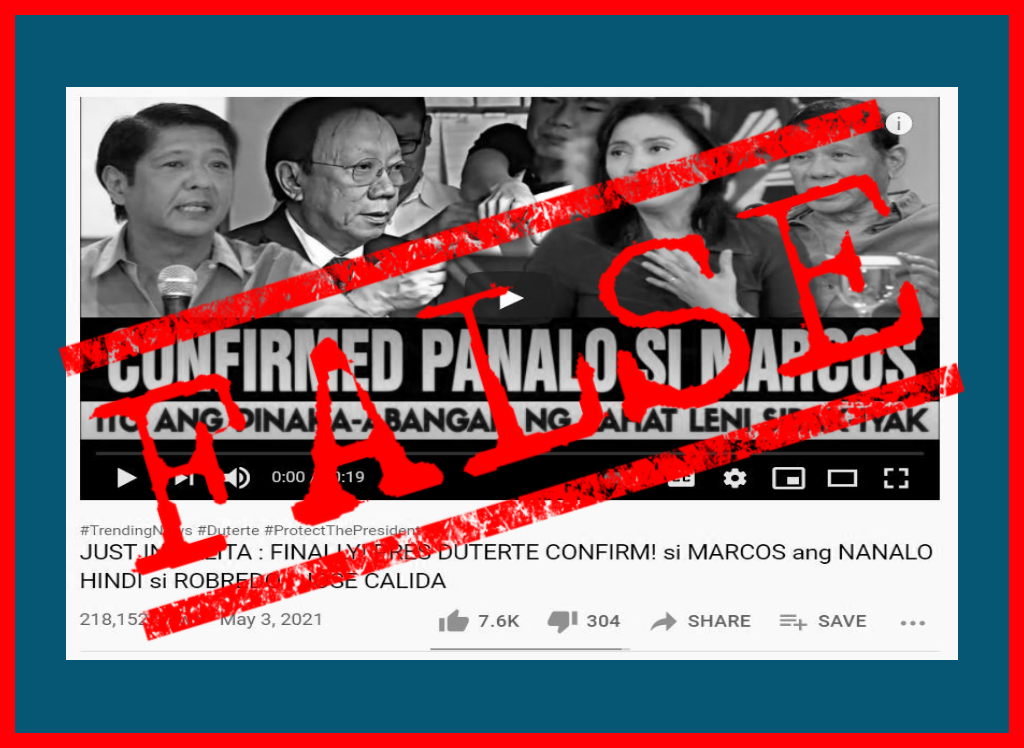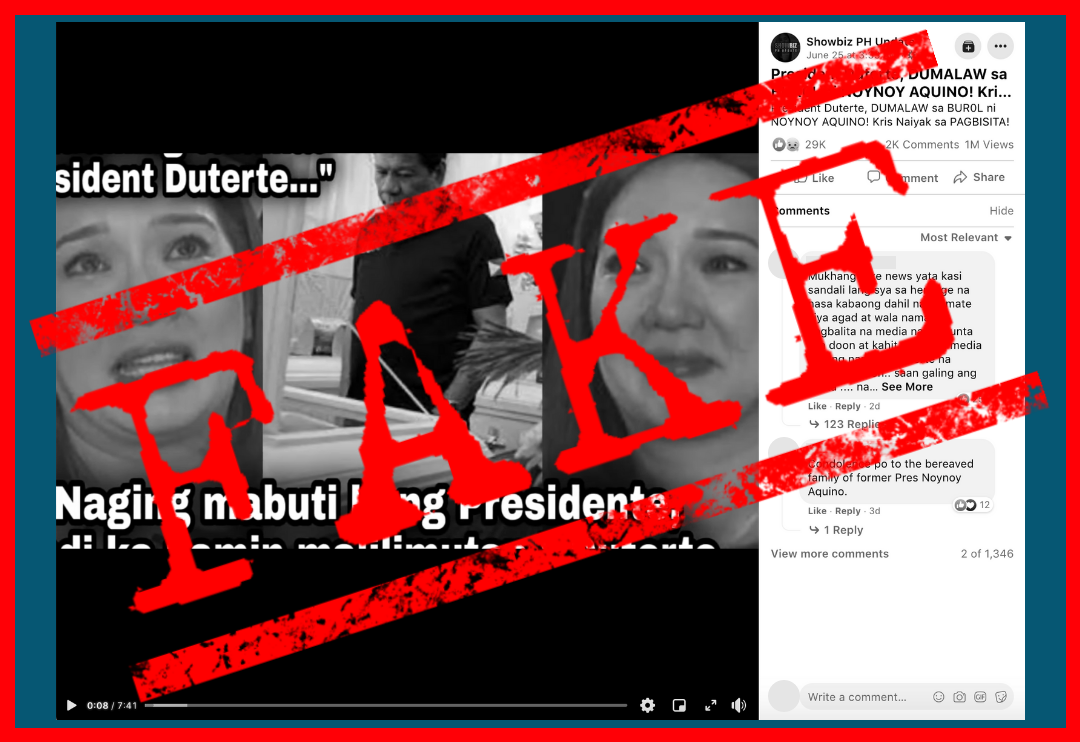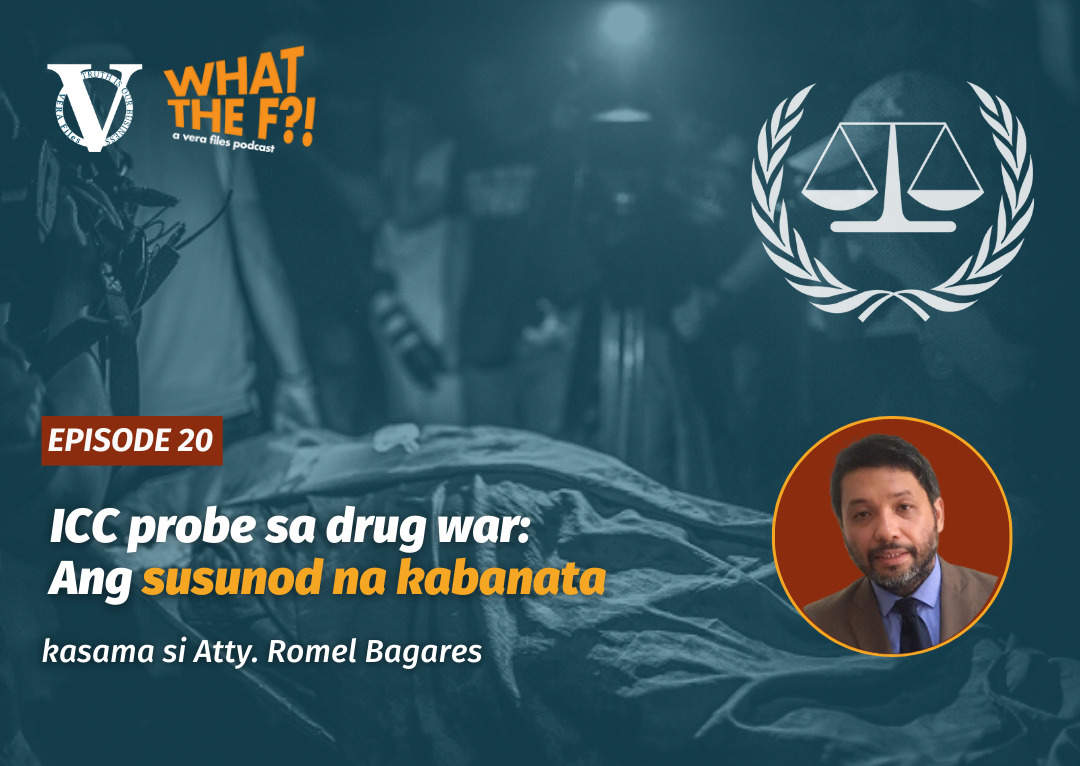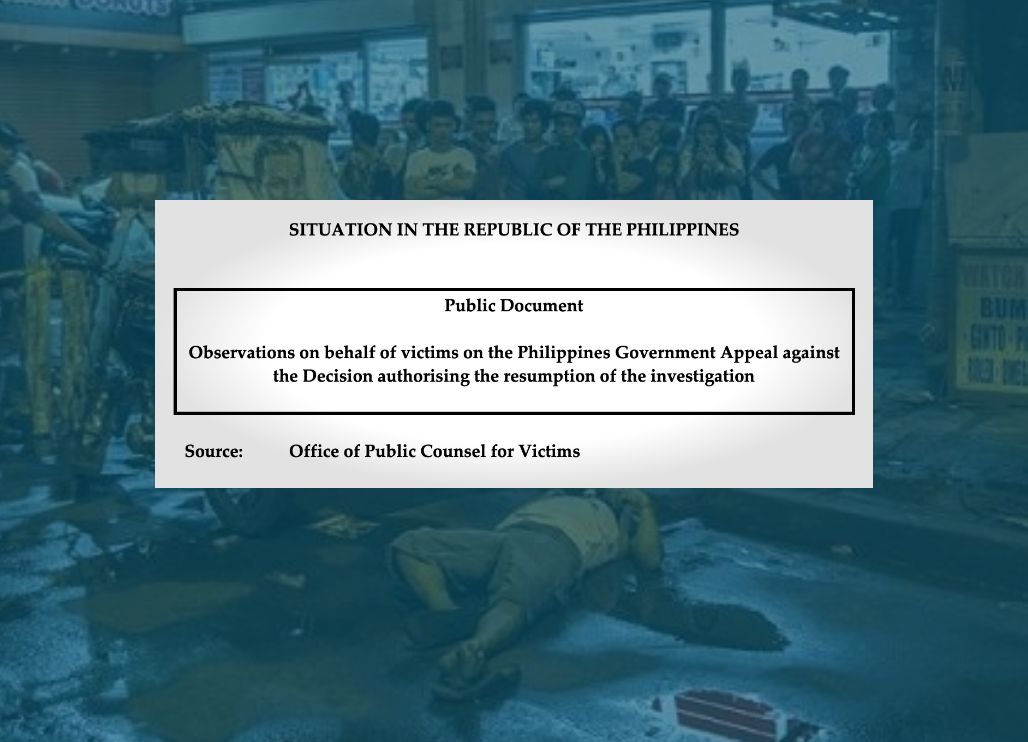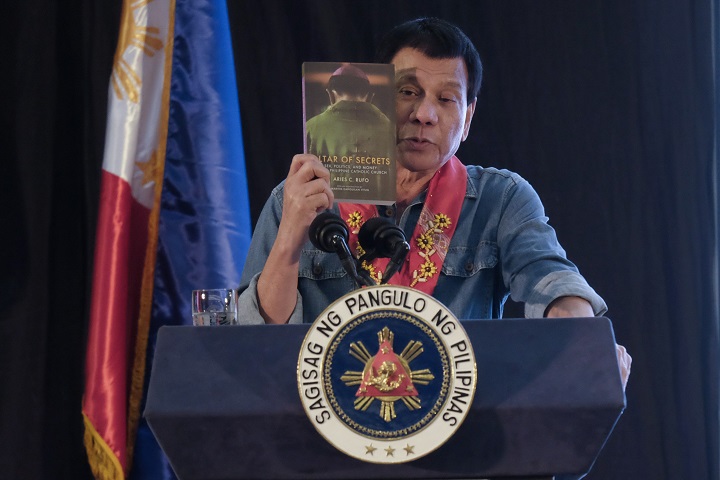
President Duterte shows a book about anomalies in the Catholic church as he slams the CBCP’s pastoral letter at convention in Davao city, Feb. 2. Malacanang photo by Rene Lumawag.
President Duterte’s reaction to the Pastoral Letter of the Catholic Bishops’ Conference of the Philippines on the killings related to his campaign against prohibited drugs read in all Catholic churches last Sunday shows the danger when small minds are given so much power.
“Kayong mg Katoliko, kung naniniwala kayo sa mga pari pati obispo doon kayo. Kung gusto nyo mapunta ng langit, doon kayo. Ngayon, kung gusto nang matapos ang droga pero magpunta ako sa impyerno, sumabay kayo sa akin (You Catholics, if you believe in priests and bishops, go with them. If you want to go to heaven, go there. Now, if you want to end illegal drugs join me in hell),” he ranted in a press briefing in Cagayan de Oro Sunday evening.
It’s doubtful if he even read the full letter. The bishops acknowledge the problem of the proliferation of illegal drugs in the country and that’s in the first paragraph: “This traffic in illegal drugs needs to be stopped and overcome. But the solution does not lie in the killing of suspected drug users and pushers.”
Presidential Spokesman Ernesto Abella is also off the mark with his statement that CBCP is “out of touch with the sentiments of the faithful who overwhelmingly support the changes in the Philippines — turning the nation into a safer place for families, working people, especially young night shift workers, far from the ‘terror’ the bishops paint rather dramatically.”
Who is out of touch? Bishop Ruperto Santos of Balanga said the thousands who have been killed and the fear that the murders have caused among their relatives in the communities are real.
“They are not only afraid, they become restless and disturbed that there’s no peace. And that’s the reason why it’s now ‘terror’ that they experience,” he said.
No one disagrees with making our streets and communities safe. But is killing the solution? On the seventh month of his presidency which was built on the campaign promise that he would eliminate the scourge of illegal drugs in three to six months, more than 7,000 have been killed.
There is no proof that the problem of illegal drugs has waned. Missing his self-imposed deadline, Duterte extended it up to the end of his six-year term. If ever, the last seven months proved that Duterte’s solution of “Kill, Kill” is not the right solution.
Do people feel safe? A survey conducted by Social Weather Stations last December showed that even as majority of the people give Duterte “excellent” rating for his campaign against illegal drugs, eight of every 10 Filipinos worry they or someone they know might fall victim to extrajudicial killing.
It doesn’t matter if one is on illegal drugs or not, reports of mistaken identity, indiscriminate killings and police abuses which authorities shrug off as “collateral damage” don’t make one safe anymore.
The campaign has even spawned other problems like impunity of bad elements in the government especially in the police force and the breakdown of law and order, the very reason that Duterte’s campaign against illegal drugs promised to restore.
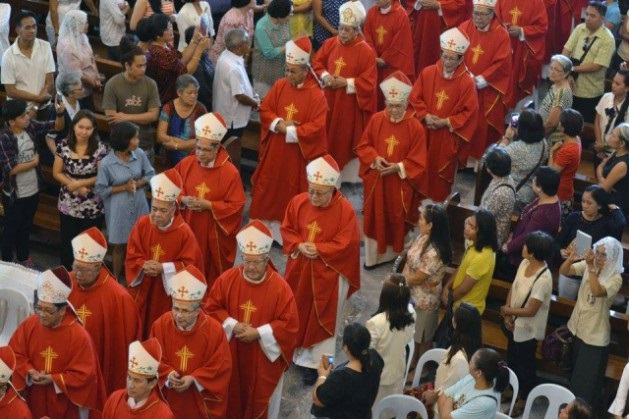
Photo from CBCP website
The bishops lamented the apathy of the public: “An additional cause of concern is the reign of terror in many places of the poor. Many are killed not because of drugs. Those who kill them are not brought to account. An even greater cause of concern is the indifference of many to this kind of wrong. It is considered as normal, and, even worse, something that (according to them) needs to be done.”
Duterte’s “Kill, Kill” solution to the drug problem does not look at the root which is the extreme poverty that many Filipinos live in. In fact, majority of the 7,000 killed are poor because Duterte believes that a rich drug user is not necessarily a drug pusher because he has money to sustain his vice. But a poor drug user is also a drug pusher.
The poor then are victimized many times. Born poor, unable to get education and deprived of opportunities to a better life, they fall victim to illegal drugs and they get killed without due process.
The bishops said, “We are concerned not only for those who have been killed. The situation of the families of those killed is also cause for concern. Their lives have only become worse.
Pointing to the direction that we should take, the bishops said, “The step we have to take is to overcome poverty, especially through the giving of permanent work and sufficient wages to workers. Let us strengthen and carry forward the unity and love of the family members. Let us not allow any law that destroys the unity of families. We must also give priority to reforming rogue policemen and corrupt judges. The excessively slow adjudication of court cases is one big reason for the spread of criminality.”
From Duterte’s reaction to the Pastoral letter, it is not easy to hope for change. But the bishops refuse to give up on anybody.
“The opportunity to change is never lost in every person,” they said. That includes the President.
